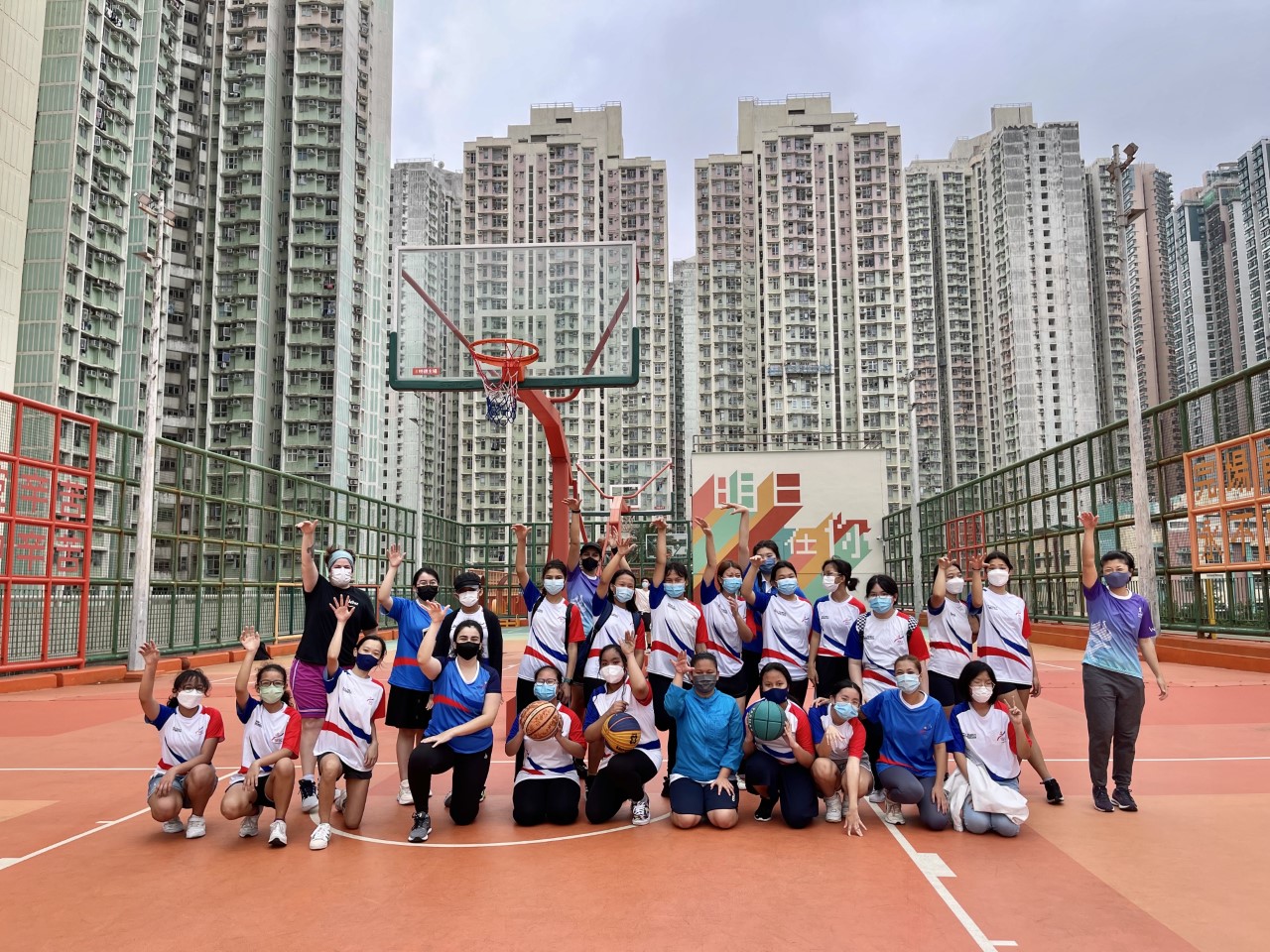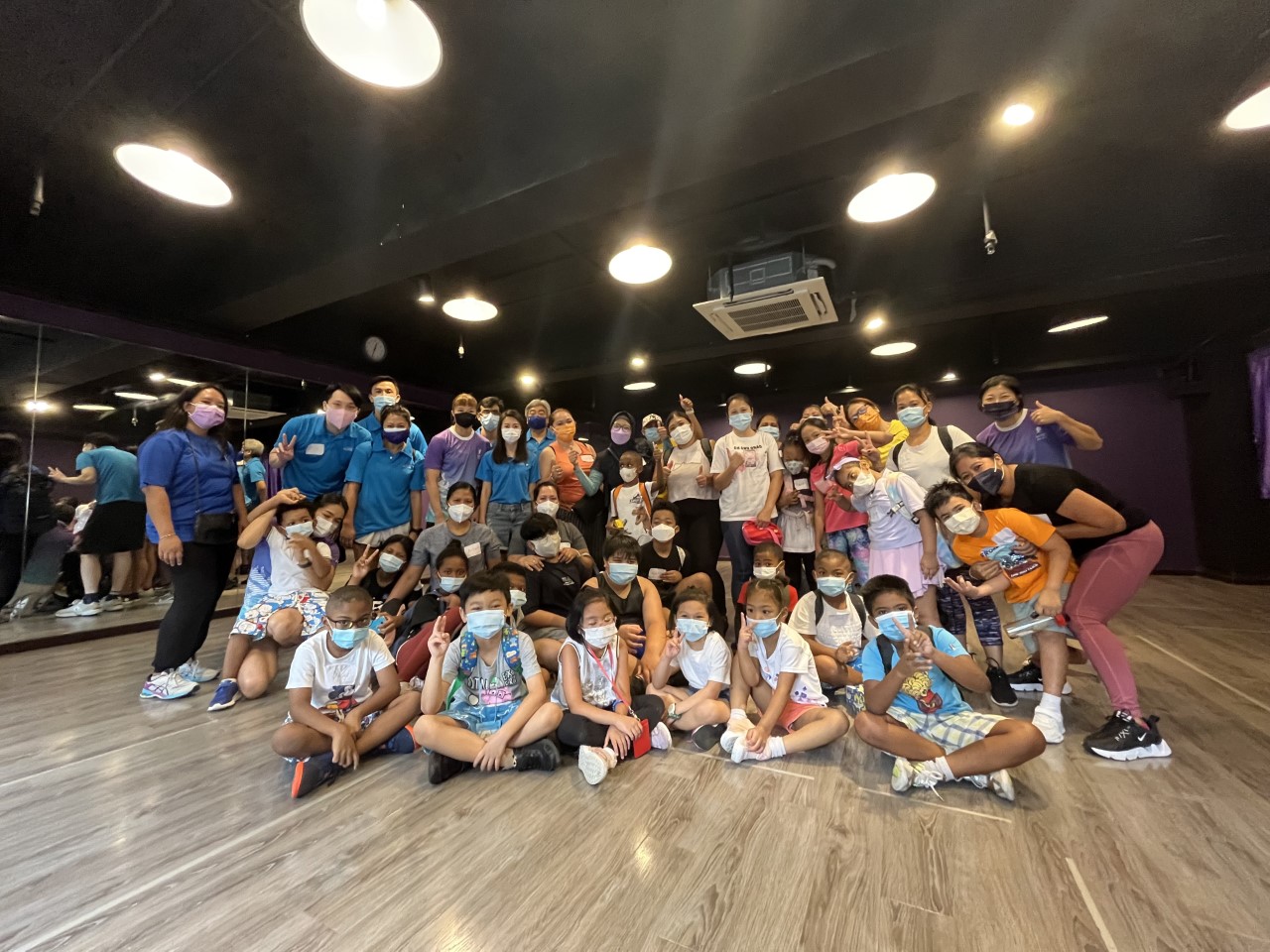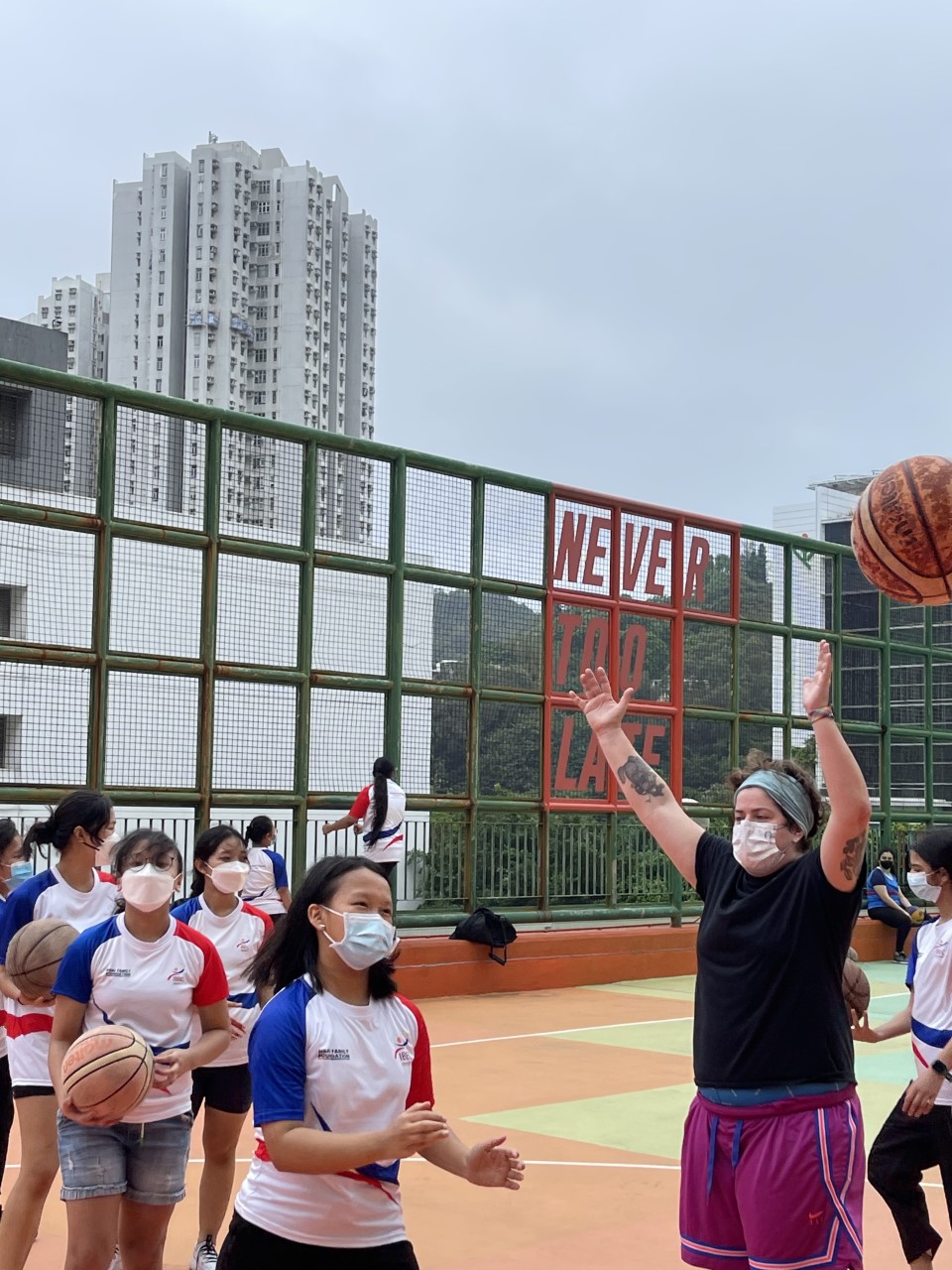Sever the transgenerational chain of gender stereotyping - WISE HK making an impact through Sports
As a renowned sports event, while the Summer Olympic Games seems fair, open and just at first glance, gender discrimination has been hiding under its facade for years, whether in terms of gender participation imbalance, or restrictions on female gymnasts’ outfit. It was not until Tokyo 2020 that there was the first “gender-equal Olympic Games”. The road to equality is a rugged one, but the successes won today through the collective effort of our predecessors serve as totems of gender advocacy in the sports arena.
“Physical exercises are supposed to be healthy for the body and the mind. Through practice, adolescents could hone their sports skills and, in turn, recognise their own abilities and build up confidence. Unfortunately, teenage girls have much lower participation in sports than male teens in Hong Kong. The girls have a lot of gender normative beliefs, thinking that they’re not tall enough, nor have enough endurance, which set up barriers to their participation,” shared Alicia Lui, founder of Women in Sports Empowered Hong Kong (WISE), on her experiences and observations on the field.
As an avid player of various sports, Alicia had known the gender injustice on the restriction on sports participation from young through her mother, who had been forbidding her to take part in sports like football, rugby and basketball, which were deemed “boyish”, and would make her skin dark and coarse, and her legs stumpy. The first-hand experience prompted Alicia to sever the transgenerational chain of gender stereotyping by encouraging more girls to join in on sports.
Despite Alicia’s conviction, WISE had a rough start. “It was not until 2020 that we were formally established. Without official track records, a lot of funders were reluctant to entertain new organisations and small projects like ours. Fortunately, HER Fund sponsored our first project, the WISE HK Sports Leadership Program, which results supported our subsequent applications to other charitable foundations. We really appreciate HER Fund’s trust in us,” says Alicia.
The first funding was as much a monumental step in WISE’s development as in the change in the programme participants’ lives. Manyata, an ethnic minority girl enrolled at Integrated Brilliant Education, said, “I was an introverted girl who would rather stay at home than go out. In the past, whenever I went to the basketball court with other female students, I always had the thought that girls shouldn’t be here, and I was worried how others would comment [on girls playing basketballs]. I felt so freeing the first time I visited the court after joining the [WISE] programme, and realised no one really cared about our presence.”
It is common that internalised gender ideologies lurk in girls’ subconscious and hinder their personal growth. Manyata recalled how her parents were pleased to see her leave the house more after joining the rugby team under WISE. “Participating in sports has made be satisfied and confident. The teamwork in sports gave me joy unlike any other.”
With the success of their first project, WISE is now eligible to apply for fundings from other charitable funders. “We are already receiving support from a few foundations, but so far HER Fund is the only one that pinpoints gender equality, provides flexibility, and promotes linkage and cooperation among smaller organisations,” added Alicia. As the Chinese proverb goes, “never submit to inaction just because something is deemed insignificant”. A small organisation’s small project with little funding and resource could still be a large step toward change.
Interviewed and written by: Lam Chi Chung
Translated by: Donald Cheung (Volunteer)




